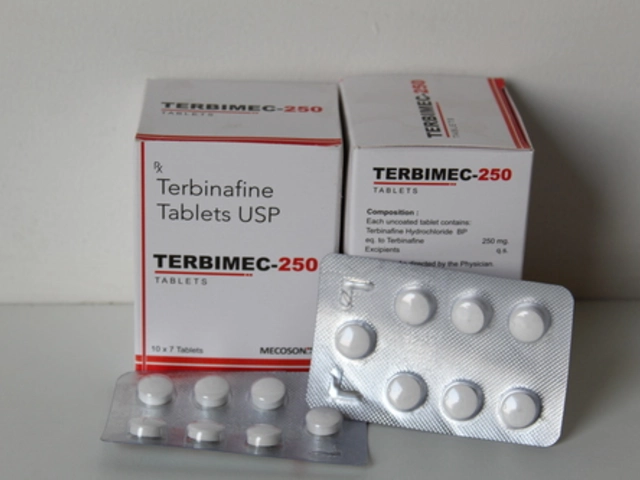Antacid Guide: How Antacids Work and When to Use Them
Heartburn hit again? Antacids give fast relief by neutralizing stomach acid. They don’t fix the cause, but they stop the burn within minutes for most people.
Antacids are simple chemical bases — like magnesium hydroxide, aluminum hydroxide, calcium carbonate, or sodium bicarbonate — that react with gastric acid. The result: less acidity in the stomach and less irritation of the esophagus. You’ll feel relief faster than with H2 blockers or proton pump inhibitors, but the effect wears off sooner.
Types, side effects, and who should be careful
Pick an antacid by looking at its active ingredient. Calcium carbonate (Tums) works fast and also gives calcium. Magnesium-based ones (Milk of Magnesia) can cause loose stools. Aluminum-based antacids often cause constipation. Sodium bicarbonate gives quick relief but can raise blood pressure or cause fluid retention — not great if you have heart problems. Combine formulas try to balance side effects, but you’ll still face tradeoffs.
Watch for interactions. Antacids can change how other drugs dissolve or are absorbed. Common problem pairs include antibiotics like tetracyclines and fluoroquinolones, thyroid pills, iron supplements, and some antifungals. If you take other medicines, space antacids at least two hours apart or ask a pharmacist.
Don’t use antacids long-term without checking in. Regular heartburn could mean GERD, an ulcer, or an H. pylori infection — conditions that need different treatment. If you need antacids more than twice a week, or you have trouble swallowing, weight loss, vomiting, or black stools, get medical advice.
Smart use tips and quick decisions
Use antacids for occasional, mild heartburn: after a heavy meal, when acidic foods hit, or when pregnancy causes reflux. Chewable tablets need to be chewed and swallowed with water; liquid antacids coat the stomach and act faster. Start with the lowest effective dose and follow label limits — extra won’t help much and raises side effect risks.
For pregnant people, calcium-based antacids are usually safest, but avoid sodium bicarbonate. For older adults, be cautious with aluminum or magnesium if kidneys are weak. If you’re on a sodium-restricted diet, check labels — some antacids have a lot of sodium.
If antacids are a temporary fix, consider lifestyle moves that reduce symptoms: avoid late-night meals, cut back on coffee and alcohol, stop smoking, reduce spicy or fatty foods, and raise the head of the bed. Those changes lower episodes and cut reliance on quick fixes.
If symptoms keep coming despite lifestyle changes and antacids, talk to your doctor about H2 blockers or proton pump inhibitors. Those reduce acid production rather than neutralize it and work longer. Tests like endoscopy or H. pylori breath test may be helpful when symptoms persist. Having a plan prevents complications. Keep a symptom diary to track triggers.
Want deeper reads? Our tag page collects articles on antacid safety, drug interactions, and alternatives — from topical drug reviews to how to buy medications safely online. Browse the latest posts to match an antacid tip to your situation and stay safe with over-the-counter choices.
26
7 Alternatives to Cytotec: Safe Options for Your Health
Looking for alternatives to Cytotec? This article explores seven different options for those seeking relief from stomach acid issues without using Cytotec. From antacids like Calcium Carbonate to other effective methods, find out which might suit your needs best. We break down the pros and cons of each, helping you make an informed decision. Whether you're seeking immediate relief or a long-term solution, this guide has you covered.



